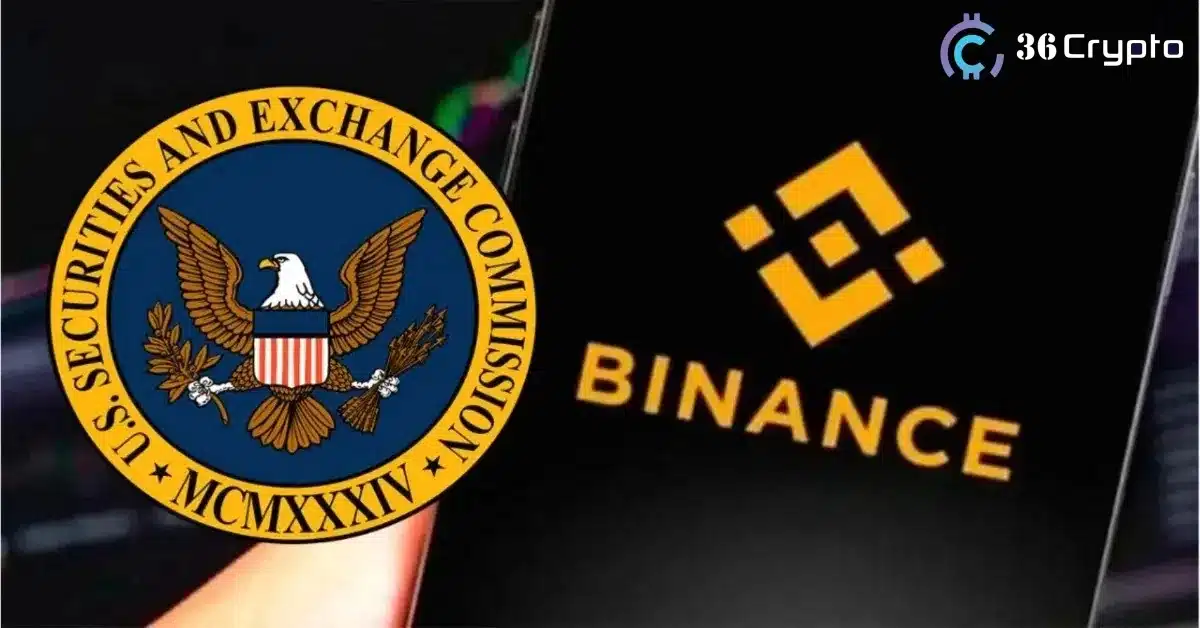The United States SEC has suffered another minor setback in its ongoing case against Binance US – the US arm of the global Binance exchange. In a recent report by Bloomberg, the presiding magistrate Judge declined the SEC’s request for immediate access to Binance US software.
Per the report, the Commission failed to convince the Judge to immediately grant its official access to go through the exchange software. Consequently, this proves to be a setback for the financial regulators.
During the hearing which took place on Monday, September 18, the presiding Judge – Faruqui said he was not “inclined to allow the inspection at this time.” The hearing was held to address the watchdog’s motion to move Binance to release detailed information and also to compel its executives to be available for depositions.
The SEC has seriously moved for this inspection as it pointed out in its previous motions claiming that the exit of key staff and executives at the exchange may affect its plan to summon the right people at the company for questioning.
The denial of the court further complicates the SEC’s effort to deliver a solid accusation against the crypto firm. Recall that the SEC had previously complained about how Binance is uncooperative with the investigation since it was sued alongside its CEO Changpeng “CZ” Zhao on June 5, 2023.
Implications of this denial
The denial by the court might not determine or change the ultimate outcome of the lawsuit. This only comes as a partial setback in the case. Meanwhile, Judge Faruqui has proposed that the Commission come up with a more specific request for discovery and also talk to a wider range of witnesses.
This outcome generally emphasizes the growing trend of motion filing and denial the SEC has been going through since it started attacking crypto firms. Recall that in June, the SEC’s motion to freeze Binance US assets was also denied, with the Court ordering the two entities to negotiate and come to a common ground.
The SEC also lost its case against Grayscale Investment after it denied the firm’s request to turn its proprietary trust into a full-fledged Bitcoin ETF.
Read More:
